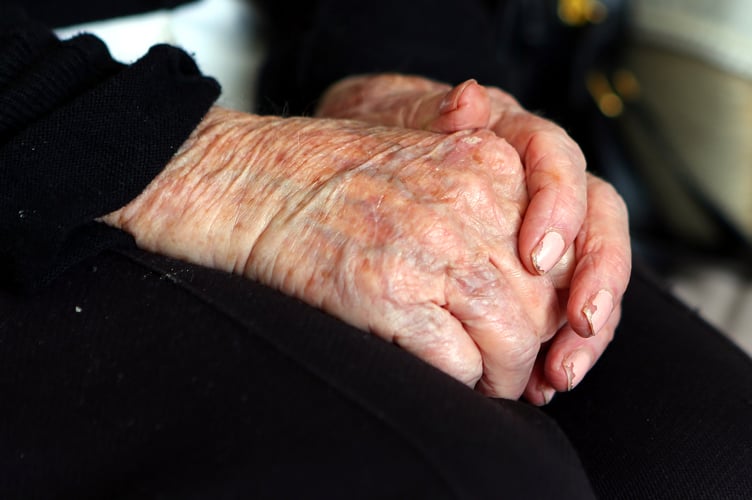More people in Hampshire are choosing to die at home following the coronavirus pandemic, new figures suggest.
Nuffield Trust, a health and social care think tank, said the pandemic "amplified" the national shift to palliative care at home, but added access to care must be improved.
Figures from the Office for Health Improvement and Disparities show 26.4% of deaths in Hampshire occurred at home in 2023.
It was a slight increase from 26.3% the year before, and up from 21.9% in 2019.
Across England, 28.4% of deaths were at home in 2023 – a significant jump from 24.4% four years earlier.
Meanwhile, deaths in hospitals have fallen from 44.9% before the pandemic to 42.8% in 2023.
Sarah Scobie, Nuffield Trust deputy director of research, said: "Deaths in hospitals have been going down, and I think that reflects a focus in policy to enable people to die in their place of choice and reduce people being rushed to the hospital or spending their last years in hospital beds."
She added the pandemic "amplified" the shift towards palliative care in homes as people were more hesitant and unable to go into hospitals, care homes and hospices.
Ms Scobie said a lack of data, especially around community care, raised concerns about what services are available to people at home.
"There is also a concern around socio-economic inequality of service use," she said, warning those in the most deprived areas have access to fewer services at home and are more likely to have A&E attendance.
In Hampshire, 36.8% of deaths in 2023 were in hospitals, 25.8% in care homes, and 8.7% in hospices.
Ms Scobie added the rise in people dying at home "doesn't have to be a problem", but that there are a lot of challenges in making care equitable.
She said: "The services need to be there and need to be developed proportionately to make sure there is good access. Social care is a big part of that – having help at home, personal hygiene care, and even additional help with activities like shopping or cooking."




